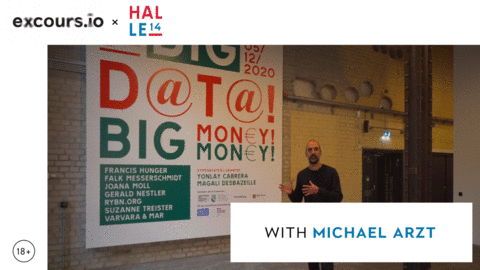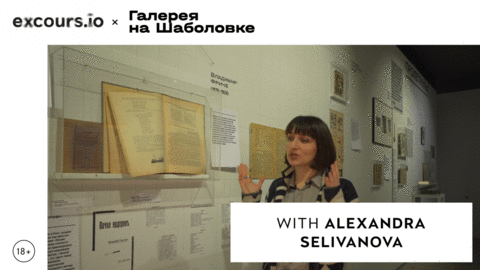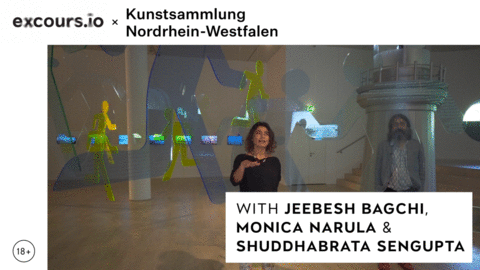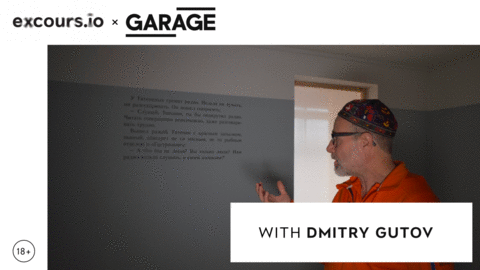BIG D@T@! BIG MON€Y!
BIG D@T@! BIG MON€Y! is a bold, thought-provoking exhibition that explores the intersection of data, finance, and digitalization. Featuring seven artists and collectives, the works explore how our everyday digital footprints and the rise of cryptocurrencies are reshaping economies, identities, and power structures. Through projects like a speculative trading AI, a data-driven remake of classic art, and an analysis of the hidden infrastructure behind Amazon transactions, the exhibition sheds light on the often-invisible forces governing our digital lives. In an era of increasing surveillance and technological control, the exhibition raises critical questions about freedom, privacy, and the future of society.
Why should you watch this?
GASTEV. How to Work
Why should you watch this?
Raqs Media Collective. Everything Else is Ordinary
Why should you watch this?
The Raqs Media Collective’s exploration of time as a force shaping human experience offers a profound critique of how society functions under capitalism. Their works challenge traditional notions of time, revealing its role in regulating life and framing historical narratives. By dismantling these fixed interpretations, they invite audiences to rethink the ways time is measured, experienced, and manipulated. In doing so, their practice merges art, history, and philosophy, making their work a compelling reflection on the rhythms that shape our individual and collective existence.
If our soup can could speak: Mikhail Lifshitz and the Soviet Sixties
The exhibition is dedicated to one of the most enigmatic, mysterious, and controversial philosophers of the USSR and his famous anthology of polemical texts, The Crisis of Ugliness, which criticizes the art of the 20th century. The retrospective showcases never presented before archive documents, Lifshitz’s texts, and artworks in ten interiors, each representing a milestone in the development of modernism or Lifshitz’s thought: 10 rooms – 10 stages of Soviet history – 10 knots in Lifshitz’s biography. The project is the first large-scale analysis attempt of the tense relationship between so-called progressive art and politics in the XX-XXI century.
Why should you watch this?
This exhibition is a must-see for anyone interested in the deep connections between art, politics, and society. Lifshitz’s The Crisis of Ugliness offers a rare Soviet critique of modernism, challenging Cubism and Pop Art in ways that still resonate today. The exhibition’s exploration of these ideas through archival materials, artworks, and Lifshitz’s own writings sheds light on the complex relationship between avant-garde art and political ideology. In a time of global crisis, Lifshitz’s critiques are more relevant than ever, inviting viewers to reconsider the role of art in shaping social consciousness.




